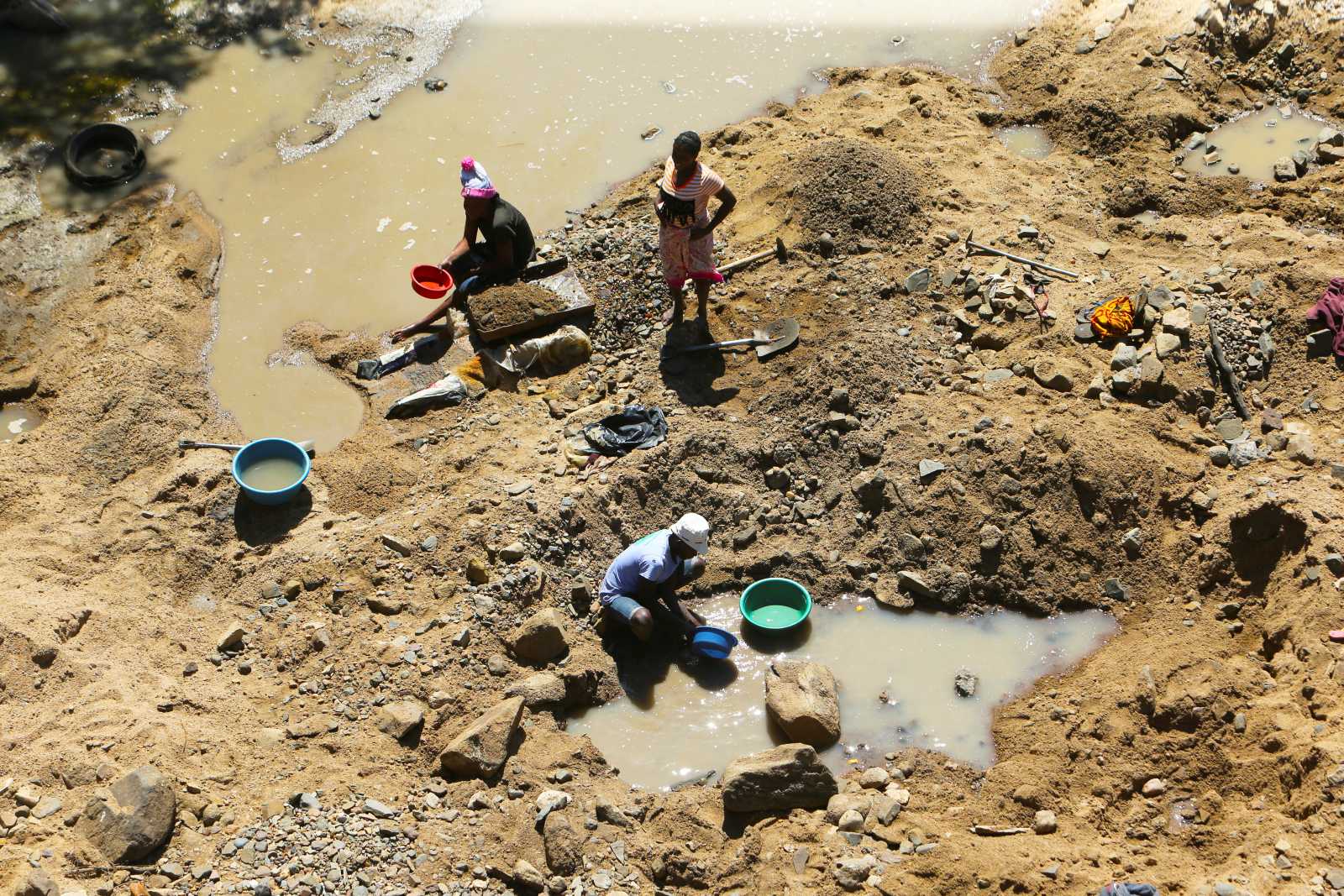Employment
Necessary condition
By Dirk Niebel
The figures are alarming. In Africa, 120 million young people will crowd onto labour markets in the next ten years. Even today, those labour markets are marked by un- and underemployment and precarious work in the informal sector. In the Middle East and North Africa, more than one quarter of young people are out of work. Even though many developing countries and emerging markets did enjoy fast and continuous growth in recent years, large groups of young people still have no personal prospects. Fast population growth has certainly contributed to the problem.
The Arab spring has made it very clear: where the young generation lacks opportunities, the consequence is often social tension and even conflict. A shortage of jobs may easily trigger political instability. On the other hand, economies cannot fully flourish unless the skills and competencies of young people are made use of. Employment is therefore not only the best means for fighting poverty, it also plays a role in preventing conflict and brining about social inclusion. Accordingly, Germany’s new development policy is geared to promoting employment and generating incomes.
In October, the World Bank published its World Development Report 2013. Germany’s Federal Ministry for Economic Cooperation and Development (BMZ), which I head, made important contributions. The World Development Report stresses the importance of jobs for better livelihoods, greater productivity and social cohesion. According to the World Bank, “good jobs for development” are productive, provide decent labour conditions and drive structural change. The Report recommends drafting coherent employment policies at the national level. It argues that households almost completely rely on incomes generated by work, and that the business climate needs to be suitable for the private sector to provide enough good jobs.
The BMZ takes these issues very seriously. I personally emphasise economic cooperation in policymaking since I am convinced that, without economic development, there can be no sustainable development. My priority is to create opportunities for young people with coherent policies that link private sector development to better vocational training and improved labour market efficiency. No doubt, cooperation with the private sector is of particular relevance in this context.
Ultimately, all parties will benefit. The people in developing countries will enjoy better opportunities to work and make money, and our cooperation countries will generate higher tax revenues with which they’ll be able to boost basic services in health and education sectors, improving matters for their people. I want a healthy dynamic to set in. German companies will find new markets and partners, and the burden on German tax payers will be reduced to the extent that we mobilise other resources for development.
Several approaches serve our employment goals. Consider, for instance, the Arab spring. In the Middle East and North Africa, the political and economic situation still tends to be explosive. Every year, twice as many students graduate from vocational training and higher education than there are job vacancies. Obviously, productive and sustainable jobs can only be created in cooperation with the private sector in the countries concerned. In Egypt, Germany last year helped to bring about a national employment pact. Companies from Germany and other countries helped to train people in placement centres, and thus helped to find jobs for 7000 unemployed young people. This model is being replicated in Tunisia, and may prove useful in other countries of the region. National specifics, of course, must be taken into account.
Peace building
In countries where statehood is fragile or civil strife is going on, employment is of special relevance. Jobs are needed to re-integrate combatants into civilian life, to improve the livelihoods of marginalised groups and to provide prospects to young people who have been affected by violence. For these reasons, German development agencies are particularly keen on boosting employment in countries plagued by strife.
An example is West Africa. In Sierra Leone, Germany contributed to re-integrating 8000 youngsters and their families into society by helping them to get started in agriculture. In cooperation with globally active cocoa producers, we have managed to bring about jobs and incomes for 15,000 young people since 2009. This approach is successful, and we want to copy it in other countries as well, for instance in Togo, a country with which we have recently started development cooperation.
What matters most are private enterprises with a strong potential for expansion and employment. Rising productivity facilitates growth and additional jobs, and so does private-sector companies’ integration in local, regional and global value chains.
Many African companies, however, are still stuck in the informal sector or have only partially formalised so far. Policymakers must acknowledge this fact. To make the most of employment opportunities, we have to cooperate with informal small and micro business and municipal bodies at the local level. Better access to financial and other services can boost productivity and contribute to higher labour standards even in the informal sector. At the same time, we are supporting local and national governments so they will set the right incentives and improve labour relations.
Good infrastructure in terms of transport, water supply and electric power, by the way, is essential for businesses to thrive. Any coherent employment policy has to take this plain fact into account. My ministry is in favour of building infrastructure by labour-intensive means and by relying on local contractors. Obviously, quality and efficiency need to be ensured.
In Namibia, for instance, we are contributing to the construction of roads that will improve the investment climate in the north of the country. Several local companies are involved. Some 1500 temporary jobs have been created. To the extent that the people concerned are taught new skills that matter on the labour market, they will enjoy lasting benefits.
At the same time, we must not neglect the urgent global switch to a more environmentally sustainable economy at the global level. Resource efficiency serves any industry’s competitiveness, and, as the German experience proves, innovative sectors tend to generate high-quality jobs. We must also pay attention to the risk of jobs being lost in dirty “brown” sectors in places where local skills and competence bases are not up to scratch yet.
Accordingly, our government supports our cooperation countries in opting for an employment-intensive transformation to inclusive and more environmentally sustainable growth. At stake are major investments with private-sector involvement. An example is our co-financing for a water utility in India that is currently generating 3000 temporary jobs and will create 300 permanent ones. In South Africa, we are supporting 35 local vocational training centres that will contribute to making the country’s economy more competitive and environmentally sustainable.
Employment and income generation are crucial global challenges. They are essential to development policy and deserve wide international attention. Accordingly, I am in favour of putting them high on the post-MDG-agenda. We need more employment – to generate incomes for everyone.







